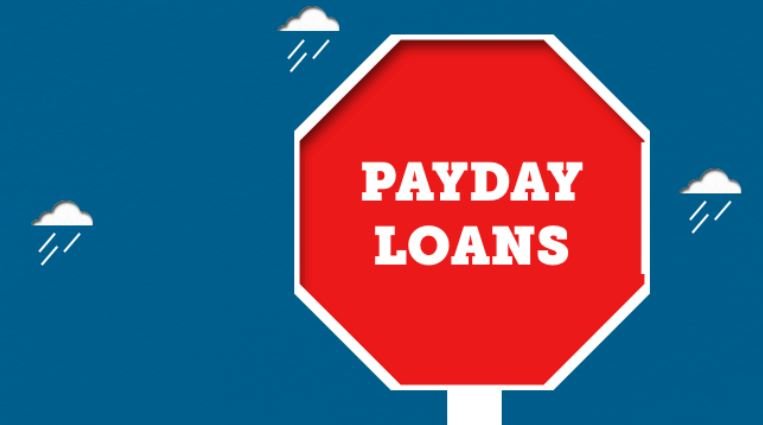
It is a fast solution for everyone searching for a small amount of money for a short-term period, as it involves high interest rates accompanied by fees that result in a continuous cycle of borrowing. Paying particular attention to payday loans helps you maintain or improve your financial well-being and results in more effective money handling. Below are some measures that will assist you in avoiding getting trapped in costly payday loans.
1. Build an Emergency Fund
The best solution for payday loan avoidance is the presence of an emergency fund, which will help the client avoid unreasonable expenses. A little safety net is enough to absorb unseen costs without borrowing. It would help if you tried to save a percentage of your income in a separate account now and then. Through time, such funds shall increase and be available to do things like fixing up cars or footing hospital bills without having to borrow expensive cash.
2. Explore Alternative Loan Options

However, if you have to look for a short-term product for yourself, then avoid payday loans. For instance, credit unions are known to give small personal loans with cheaper interest rates than payday loan lenders. There are also many online lenders, and most offer fair interest rates for residents with fair or bad credit. You may also consider using peer-to-peer lenders; these are online marketplaces where borrowers borrow directly from investors, more often at better rates.
3. Use Credit Wisely
Payday loans should be avoided, and credit cards, when appropriately managed, can be a better option. It is helpful; for instance, if you have an emergency expense and pay for it on a credit card during the billing cycle, no interest is charged. Also, credit card interest rates are relatively lower than those charged on payday loans, even when you balance a card. Of course, you need to ensure that you do not charge to the limit with your credit cards or pay only the minimum amounts due because that leads to long-term indebtedness.
4. Negotiate Payment Plans with Creditors
Sometimes, you struggle to clear your bills initially; please get in touch with your creditor to ask for a payment plan. At times of hardship, many service providers, including water, electricity, phone, or health care providers, can arrange for you to make payments on a payment plan basis. This can reduce cost burdens without necessarily having the recourse to payday credits. Lenders should always be contacted in advance since most are open to helping you avoid becoming delinquent.
5. Budget for Flexibility

A flexible budget will likely be your most potent weapon when dealing with payday loans. Daily tracking of your income and expenditure can quickly assist in planning for other incidental expenses, hence avoiding them to be emergencies. The second essential tip people should follow is to prioritize spending on necessities and unimportant items. How you manage your budget is an excellent way of avoiding situations where you are trapped and entrapped in the cycle of needing quick money.
6. Seek Financial Assistance
If you struggle to make ends meet, most nonprofit organizations, churches, and agencies in your area may help pay rent, electricity bills, or even food. A few offer small cash gifts for emergencies or loans with little or no interest. Another way, sometimes even for food, people can apply for SNAP if they need to or for energy bills or some other unforeseen expenses; one does not need to take the money and borrow the same.
Conclusion
Long-term financial pressure is typical for those who take high-interest payday loans; by creating an emergency fund, searching for better loan products, managing credit wisely, and constantly negotiating with creditors, you should not fall into the trap. Hoe and budget flexibility can also help and ask for community assistance during difficult times. Comprehensive information in the article shows that one does not have to fall into the trap of the payday mentioned above loans and can be a better person in personal finance by planning for the risks and then choosing the right kind of financial regularity.





